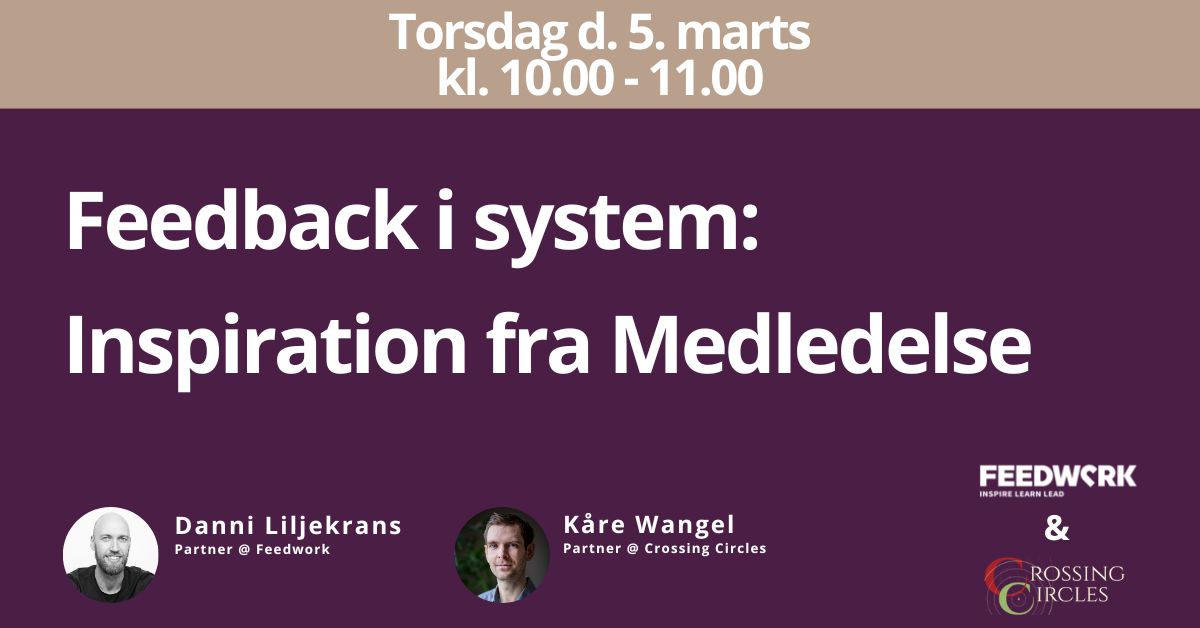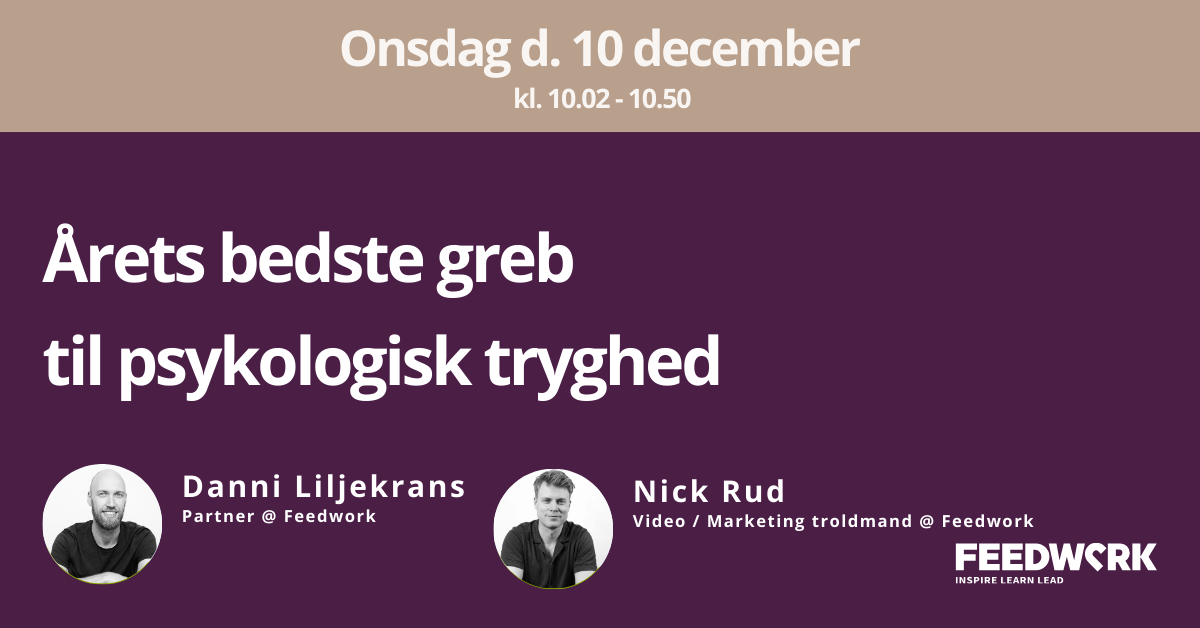Introverts’ ability to focus deeply, listen actively, and think strategically is not just valuable—it is often the key to success in complex, collaborative environments.
This blog post explores how introverts contribute to teams, the challenges that can arise, and how workplaces can create a culture where all personality types can thrive.
Introvert or Extrovert: What Does It Really Mean?
Introversion is not about being shy or antisocial—it’s a way of recharging. According to a report fra Myers-Briggs Company fintroverts prefer calm and thoughtful environments, while extroverts gain energy from interaction and spontaneous challenges. Research shows that 30-50% of the population identifies as introverted, making them a significant part of the workforce.
Being an introvert is sometimes seen as a negative, which could not be further from the truth. Whether introverted or extroverted, neither is better—these are parts of our identity and come with both strengths and weaknesses. By being aware of these, teams with a diverse workforce can achieve great results.
Strengths of Introverts:
- Depth in thought and action: Introverts take time to analyze and deeply understand problems.
- Active listening: They listen attentively and can summarize conversations in a way that offers new perspectives.
- Strategic thinking: Introverts’ reflective nature makes them excellent decision-makers in complex situations, as reflection and consideration come naturally to them.
Read more about: Diversity and Inclusion: The Key to Success
Challenges in Introvert/Extrovert Dynamics
While personality diversity is a strength, it can also lead to friction in teams. According to research from the American Psychological Association:
- Extroverts may dominate discussions, unintentionally overlooking introverts' contributions. They often become eager and struggle with silence, while introverts view silence as a time for reflection.
- Introverts can be perceived as reserved, which may lead to misconceptions about their level of engagement. As mentioned earlier, introverts tend to process information internally and reflect before speaking—making large group settings less ideal for engaging them.
How Can Leaders Address These Frictions?
In long-term collaborations or teams working under time pressure, it's rare to avoid friction entirely. So, how can leaders manage these tensions effectively? Here are three strategies:
- Avoid Stereotyping: No one is entirely introverted or extroverted. We all possess traits of both, and these traits may manifest differently depending on the situation. Leaders should remind teams of this while fostering a psychologically safe environment where all personality types feel seen and valued.
Learn more: Become a good relational leader
- Facilitate Balanced Meetings: Ensure everyone has a chance to speak and that their ideas are thoughtfully received and responded to. Establish a meeting culture where constructive feedback is a key part of creating a well-functioning workplace.
Discover how the Gamemaster Model can enhance your leadership in meetings.
- Embrace Different Work Styles: While some prefer to brainstorm aloud, others may contribute more effectively through written suggestions. Ultimately, the focus should be on achieving the objective, rather than the process your employees use to get there.
Examples: How Introverts Add Value in Practice
- Innovation in the Tech Industry: In a tech company, a cross-functional team was tasked with launching a new product. Extroverted team members quickly brainstormed and shared ideas during meetings, while introverts took time to analyze the proposals between sessions. One introverted software engineer identified a critical flaw in the design and proposed a solution that saved both time and money for the company.
- Healthcare: Patience and Precision: An introverted nurse working in a busy emergency department earned recognition for her ability to stay calm under pressure. Her careful notes and in-depth interactions with patients led to accurate diagnoses and improved treatment plans.
- Education: Focusing on Students’ Voices: An introverted teacher fostered a classroom where students felt safe to express their ideas. By asking open-ended questions and giving students time to think, she achieved high participation, even from the more reserved children.
Practical Solutions: Maximizing Introverts' Strengths
To ensure both introverts and extroverts thrive, companies need to be proactive in creating inclusive cultures. Here are three key initiatives that can help optimize introverts in the workplace:
- Adapt the Work Environment: To make introverts feel included, start by offering a flexible work environment. Provide quiet zones and open areas, allowing employees to choose when to engage and when to withdraw. Consider hybrid work options for those who work better from home, which can also help extroverts focus and engage in deeper work.
Learn more: Leading Digital Transformations: How to Succeed
- Optimize Meeting Culture: Share agendas in advance to give introverts time to prepare and reflect. This ensures everyone has a chance to contribute meaningful input. It can also be helpful to introduce follow-up mechanisms, such as emails or asynchronous discussions, so that everyone feels their contributions from meetings are heard and acknowledged.
- Acknowledge Individual Contributions: Leaders should actively recognize employees who contribute in less visible ways, such as through analysis or strategic insights. Introverts often do significant work that isn't immediately visible or acknowledged in the same way, so it's essential to ensure their efforts are recognized.
Read more: Distributed Leadership: Enhancing Autonomy and Innovation
Creating a Balanced Workplace
Diversity in personality types is not just an advantage—it's essential in today’s complex and dynamic work environments. To harness the full potential of introverted employees, start by implementing small but impactful changes:
- Reflect on Team Dynamics: Who is speaking up in meetings and who is more reserved?
- Implement Inclusive Practices: Use agendas before meetings or encourage asynchronous feedback.
- Seek Feedback from Your Team: Ask questions like, “How can we ensure all personality types are included in our collaboration?”
Read more: How to Give and Receive Constructive Feedback
By creating a balanced, inclusive culture, you not only strengthen your team but also foster innovation and well-thought-out solutions. Introverted employees represent a quiet strength often overlooked. By recognizing their unique contributions and creating environments where both introverts and extroverts can thrive, businesses can unlock new dynamics that promote growth, innovation, and overall well-being for everyone.










.png)